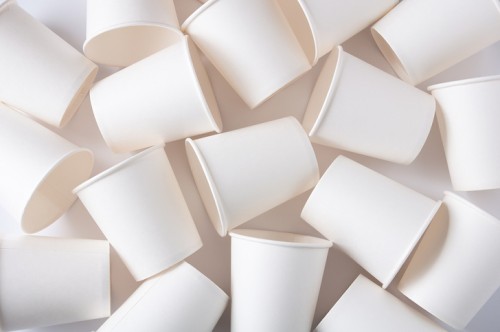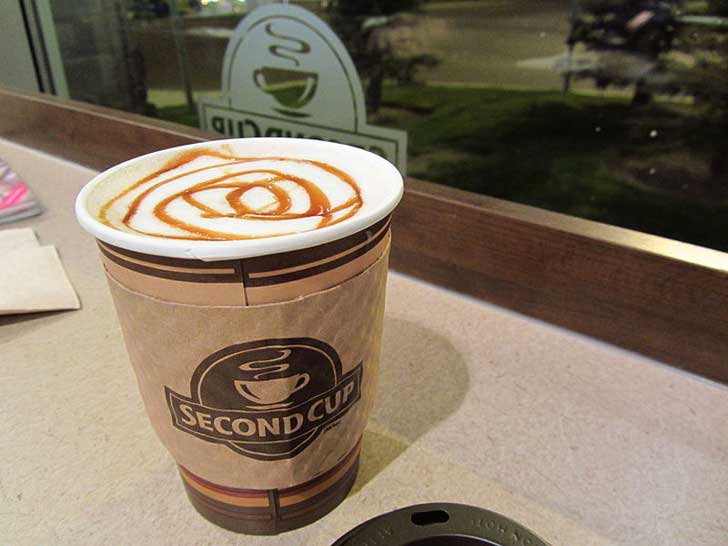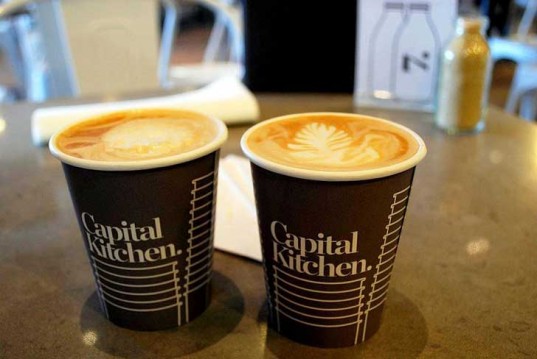RECOMMENDED VIDEOS

Waste2Wear - Suppliers of our School Uniforms
Vision Textiles Ltd

3 Organic Cleaning Products v2
Advanage Diversified Products, Inc.

Lunch Container *Stainless Steel Lunch Box
Eco-Friendly Water Bottles

Non Photocatalyst and bio-ninja solution for remove restroom/washroom…
iCoat Technology Sdn Bhd

Smead 100% Recycled Products Video
The Smead Manufacturing Company Inc
Related Stories
German city offers ingenious alternative to single-use coffee cups
These vegan “Star Wars” sneakers are made with discarded pineapple leaves
Loch sunglasses are made of 500-year-old timbers from the Great Lakes
Freitag Bags still going strong after 24 years
Norton Point makes stylish sunglasses from recycled ocean plastic
19 May, 2017

UK Paper Company Invents Technology to Recycle Disposable Plasticized Coffee Cups
Eco Products & Services | UNITED KINGDOM | 15 May, 2017
Published by : Eco Media Asia
For most caffeine consumers on-the-go, a good dose of java or tea in the morning is of primary concern. What the liquid is housed in seems to escape attention, being tossed in a trash bin without much thought as to where all the waste goes or how much material was needed to create the one-time container. Until now, the plastic content in disposable coffee cups have made them difficult to recycle. Thanks to new technology developed by UK paper company, James Cropper the little vessels can finally take their place next to bottles and cans for a chance at a second life.


On Wednesday, James Cropper opened a £5m reclaimed fiber plant based in Cumbria, UK that will finally find a green solution for the disposable coffee cup. Their technology allows for the 5 percent plastic content to be separated by a warmed solution. The plastic can then be skimmed and recycled and the remaining water and pulp turned into high-end papers and packing materials.
“Cup waste is a rich source of high grade pulp fiber, but until now the plastic content made this product a contaminant in paper recycling. Our technology changes that and also addresses a major environmental waste problem and accompanying legislation. We are greatly honored that Her Majesty the Queen and The Princess Royal are joining us on the occasion of our new plant opening.” Mark Cropper, chairman of the company told the Guardian.
Cropper holds 80 percent of the UK market for paper in hardback books as well as the paper in the parliamentary almanac. Its production facilities are located primarily in the United Kingdom and United States, and a majority of their products are exported. Hopefully, their new developments will help to alleviate pressure on primary paper sources, decrease landfill mass, and reduce a significant source of waste until more consumers catch on to carrying reusable cups.
Article from inhabitat.com
by Morgana Matus
